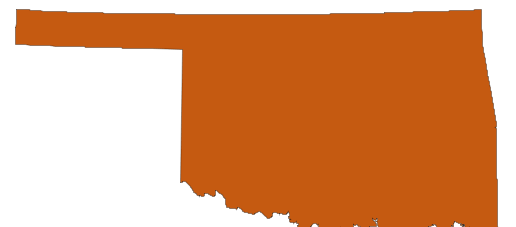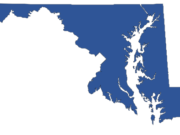Via Electronic Mail
Oklahoma Ethics Commission
2300 N. Lincoln Boulevard, G-27
Oklahoma City, OK 73105
Dear Commissioners:
Yesterday evening, with mere minutes remaining in the work day, the Ethics Commission released draft language for Amendment 2019-02. The proposed amendment would significantly expand the scope of Rule 5.2, going beyond what is normally thought of as lobbying – i.e., paid communications with members of the government on behalf of a lobbyist principal – to capture nearly any conversation related to governmental policy generally. The Institute for Free Speech[1] is seriously concerned about the First Amendment implications of Amendment 2019-02.
This proposal, on its face, seeks to regulate grassroots political activity, and accordingly raises significant First Amendment concerns. Because it goes well beyond the regulation of lobbying professionals accustomed to the Commission’s rules and procedures, and instead would regulate the political activity of normal Americans unaccustomed to the technical niceties of lobbying registration and reporting requirements, the Amendment also raises technical questions of law and, more importantly, significant practical considerations. These concerns are presumably why, in part, the Commission intends to discuss the proposal at a public meeting this morning.
But by releasing its draft language less than 24 hours before that meeting, the Commission has failed to provide the public with adequate notice. It cannot now expect to receive meaningful feedback on these difficult questions. Whether by design or negligence, the Commission has operated by ambush while claiming to value transparency. Its approach is especially egregious because Amendment 2019-02 would regulate ordinary political conversations by ordinary people, none of whom can be expected to know what the Commission is planning. Few, doubtless, even know it exists.
For these reasons, the Institute for Free Speech cannot provide the in-depth analysis it would normally undertake for an issue of this importance. Nevertheless, even a cursory glance at Amendment 2019-02 raises concerns.
The heart of the issue is the concept of “indirect lobbying” itself. While other forms of lobbying are, sensibly, limited to paid communications with a state official, the “indirect lobbying” definition is not. By its own terms, it would reach, for example, a “telephone” conversation with anyone, provided it was “made for the purpose of influencing a vote on pending legislation.” This raises two obvious questions. First, what is meant by the phrase “to influence” when the communication’s recipient need not have any connection to the Legislature itself? Second, why is the Commission abandoning an objective test in favor of a rule that turns almost entirely on a speaker’s personal intentions?
This ambiguity, which invites complaints and enforcement based on political animus or guesswork, is unacceptable in the First Amendment context. But even if the Amendment were limited to traditional grassroots lobbying, such as paid ads urging citizens to contact their legislators, the proposed language is far too broad. For instance, “news or feature reporting activities and editorial comment” are excluded – but only if done “by working members of the press.” Does the Commission intend to regulate editorials by members of other professions, and even news program appearances? Or is this a sign of hasty drafting, like the failure to include any monetary threshold for reporting by indirect lobbyists? Does the Commission intend to reach volunteers, given its failure to provide a monetary threshold for reporting and its decision to include those who merely “organize[]” or “coordinate[]” these activities?
These are serious questions, and they demand serious consideration with the full input of the regulated community, outside experts, and ordinary citizens. It is lamentable that the Commission has proceeded in a manner that makes such feedback impossible.
Accordingly, Amendment 2019-02 should be withdrawn, reworked, and re-released with adequate notice to the public. If you should have any questions, please contact us at (703) 894-6800, or by e-mail at adickerson@ifs.org.
Respectfully submitted,
Allen Dickerson
Legal Director
[1] The Institute is a nonpartisan, nonprofit § 501(c)(3) organization that promotes and protects the First Amendment political rights of speech, press, assembly, and petition. Originally known as the Center for Competitive Politics, it was founded in 2005 by Bradley A. Smith, a former chairman of the Commission. In addition to scholarly and educational work, the Institute is actively involved in targeted litigation against unconstitutional laws at both the state and federal levels.














